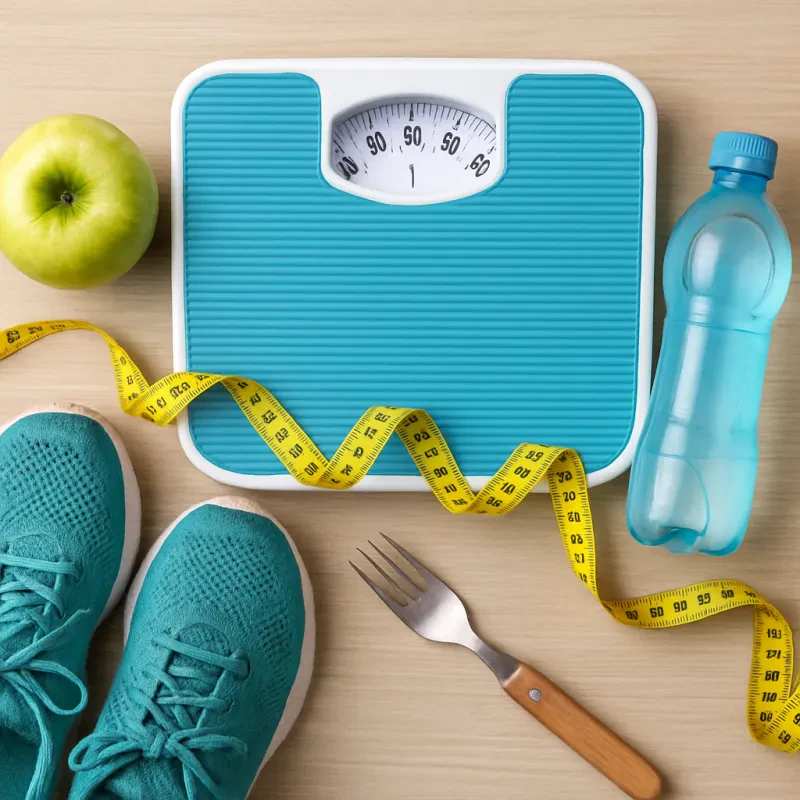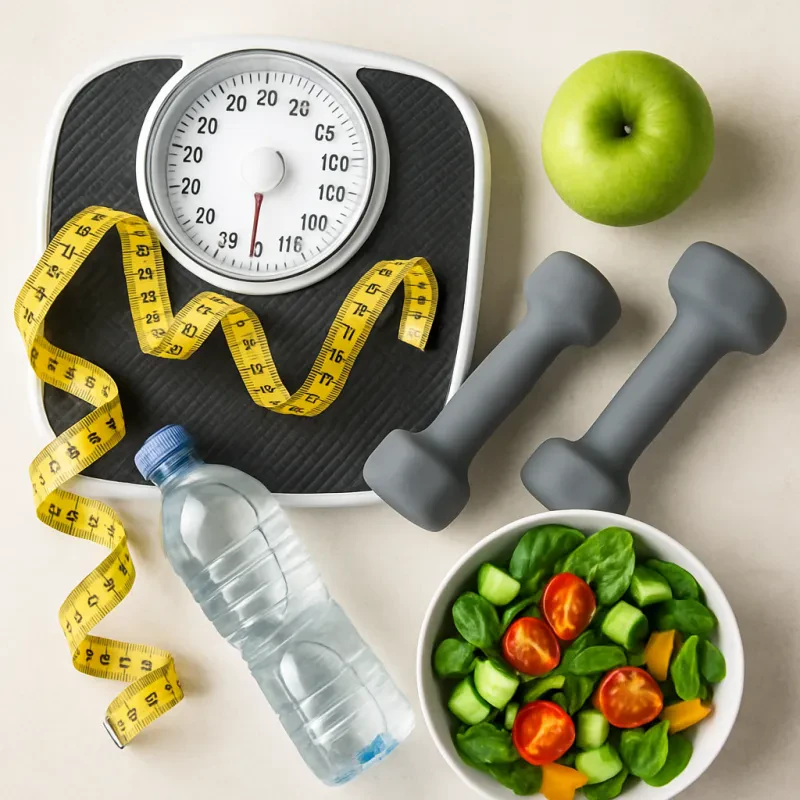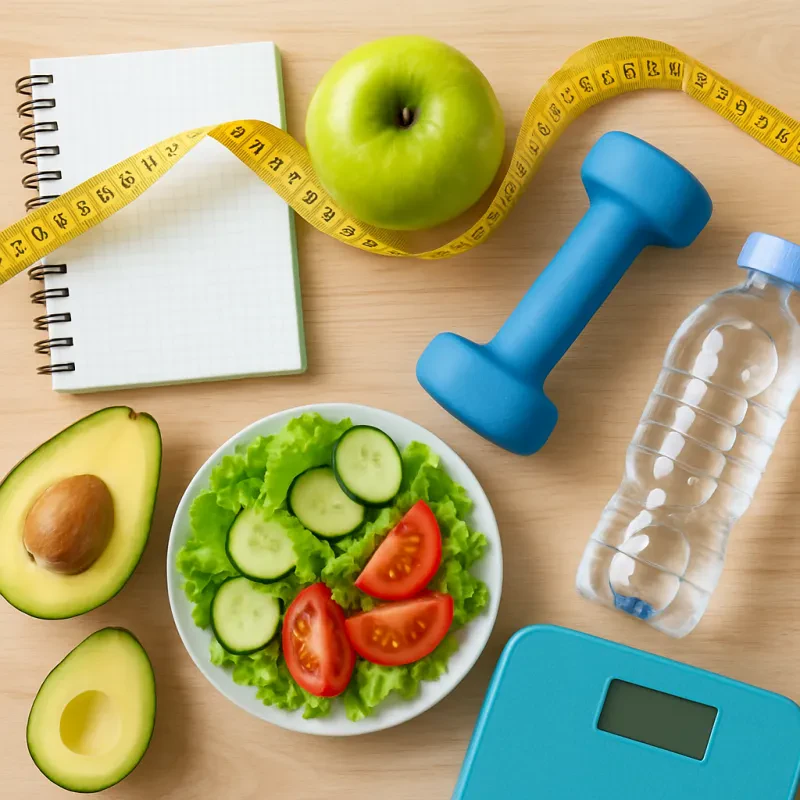The keto diet is a low-carb, high-fat eating plan that has gained immense popularity over the past few years. By drastically reducing carbohydrates and increasing fat intake, the body enters a state of ketosis. In this state, the body becomes efficient at burning fat for energy instead of carbs. This fundamental shift is what makes the keto diet appealing for many looking to lose weight or improve their overall health.
Understanding the basics of the keto diet involves familiarizing yourself with what you can and cannot eat. Typically, followers of the keto diet consume foods rich in fats, such as avocados, nuts, seeds, and oils, while avoiding sugary foods, grains, and most fruits. This balance helps your body adapt to using fat as its primary fuel source. It’s essential to read labels carefully and track your macronutrient intake to stay within the recommended ratios.
Many people find initial success with the keto diet, often experiencing rapid weight loss and increased energy levels. However, it's important to be aware of the "keto flu," which some people experience when first starting the diet. This temporary condition can include symptoms like fatigue, headache, and irritability as the body adjusts to ketosis. Staying hydrated and maintaining a balanced intake of electrolytes can help ease these symptoms as you embark on your keto journey.
Ultimately, the keto diet isn't just about what you eat; it's about rethinking your relationship with food. By focusing on whole, nutrient-dense foods and minimizing processed options, you’re likely to find that you feel more energized and satisfied. As you master the basics of the keto diet, you'll discover how enjoyable it can be to experiment with new recipes and flavors while staying aligned with your health goals.
Benefits of a Keto Lifestyle
The keto diet offers numerous benefits that make it appealing for those looking to improve their health. One of the primary advantages is weight loss. By drastically reducing carbohydrate intake and replacing it with fat, the body enters a state of ketosis, where it starts burning fat for fuel instead of carbs. Many people find this approach effective for shedding pounds, particularly stubborn belly fat.
Another benefit of the keto diet is enhanced energy levels. Once the body adjusts to burning fat for fuel, many individuals report feeling more energetic throughout the day. This shift can lead to increased productivity and improved mental clarity, allowing you to tackle daily tasks with ease. The absence of sudden blood sugar spikes and crashes, common in high-carb diets, contributes to a more stable energy supply.
Additionally, the keto diet has been linked to improved mental focus. Many followers of the diet notice a decrease in brain fog, enabling enhanced concentration and cognitive function. This benefit is often attributed to the production of ketones during ketosis, which can serve as an efficient energy source for the brain.
Lastly, the keto diet may provide health benefits beyond weight loss and energy enhancement. Some studies suggest that it can help reduce the risk of certain diseases, such as diabetes and heart disease, by promoting healthier blood sugar and cholesterol levels. Embracing this lifestyle can lead to long-term health improvements, making it an appealing choice for many.
Common Mistakes to Avoid
When diving into the keto diet, many beginners make a few common mistakes that can hinder their progress. One of the biggest pitfalls is not doing enough research before starting. The keto diet requires a significant shift in eating habits, and understanding what foods are allowed and which ones to avoid is critical for success. Without this knowledge, it's easy to accidentally consume high-carb foods, which can kick you out of ketosis.
Another frequent error is neglecting to monitor macronutrient intake. The keto diet focuses on a high-fat, moderate-protein, and very low-carb ratio. Many newcomers mistakenly think they can eat unlimited fats and may not track how much protein they're consuming. It's essential to find the right balance to maintain ketosis while still nourishing your body appropriately.
Staying hydrated is also crucial when following the keto diet, yet many people overlook this aspect. As your body adapts to burning fat for fuel, it may lose excess water and electrolytes. This can lead to symptoms like fatigue and headaches, often referred to as the "keto flu." Drinking plenty of water and replenishing electrolytes through food or supplements can help mitigate these effects and keep you feeling your best.
Lastly, some may find themselves feeling deprived on the keto diet by avoiding all carbohydrates completely. This isn't necessary—there are plenty of low-carb options that you can enjoy. Incorporating a variety of keto-friendly foods can help satisfy cravings and make your meals more enjoyable. Remember, the key to a sustainable keto diet is not just the food you eat, but also the mindset you maintain throughout your journey.
Tips for Successful Keto Living
Living a successful keto diet lifestyle requires not just dedication but also a bit of planning and creativity. Here are some tips to help you thrive on your journey towards a low-carb, high-fat diet. First, make sure to stock your kitchen with keto-friendly foods. Fill your pantry with healthy fats like olive oil, coconut oil, and avocados, along with a variety of leafy greens and low-carb vegetables. Having these staples on hand will make it easier to whip up delicious meals that fit perfectly into your keto plan.
Another essential tip for successful keto living is to carefully read labels when shopping for packaged goods. Many products contain hidden sugars and carbs that can disrupt your keto diet progress. Focus on whole, unprocessed foods as much as possible, and don’t be afraid to experiment with new ingredients like almond flour, coconut flour, and sugar alternatives for your baking needs. Staying educated about what goes into your food will empower you to make better choices.
Meal prep can be a game-changer when it comes to sticking to your keto diet. Set aside some time each week to prepare meals and snacks in advance. This way, you’ll always have tasty keto options on hand, making it less likely that you’ll reach for high-carb alternatives when hunger strikes. Portioning out snacks like cheese, nuts, or celery with peanut butter can also help keep you on track throughout the week.
Lastly, don’t forget the importance of hydration and electrolytes while following a keto diet. As your body adjusts to burning fat for fuel, it may lose a lot of water and electrolytes, leading to fatigue or “keto flu.” Drink plenty of water and consider adding electrolytes to your routine, such as sodium, potassium, and magnesium, to support your body during this transition period. Listening to your body and adjusting your fluid intake can make the keto experience much more enjoyable.



